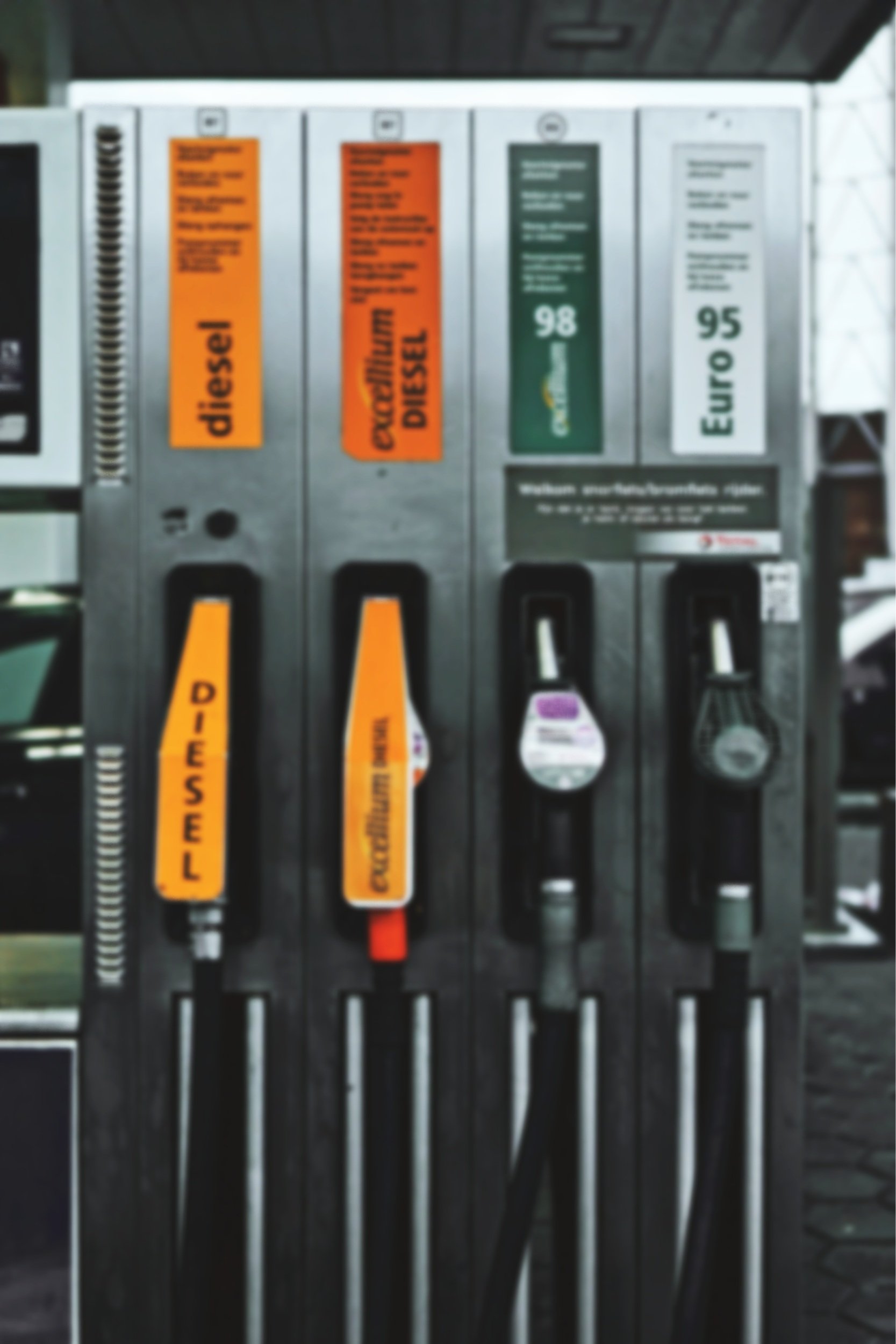
FUEL EFFICIENCY TUNING MORE MILES PER GALLON
When a vehicle leaves the manufacturer they turn out with one factor in mind, value effectiveness and maximized profits they use one map that matches all most 90% of their production off the lines as apposed to custom tuning each vehicle for square measure. As you may not know all engines produced even though machine built respond differently and usually vary as far as 3% to 8%, for this the manufacturer will have a data file written to what they see as acceptable or with in a certain window of acceptance hence the use of systems like the EGR exhaust gas recirculating system in which return any fuel vapour, carbon particles and un spent waste pass back into the exhaust system and then vapour back into the inlet manifold to be re cycled again this in return raises burn temperatures in excess which labours the engine which then in return requires more fuel to run and becoming un efficient.
A square measure torsion primarily based, requesting around four hundred nm torsion with only one. 1 bar boost with seventy milligrammes of fuel thus we tend to square measure over fuelling! we tend to swish the torsion curve requesting 450 nm at middle vary 2200 rev. we tend to up the boost to zero.08 bar from 1500 rev and modify injection temporal arrangement injection pressure, results are around ten mpg on long runs short runs four mpg! Successively we tend to burn less fuel.
Additional boost-precise timing- higher combustion = less fuel.
Additional boost-precise timing- higher combustion = less fuel.
What are you able to expect from a chip tuners economy remap?
Better power delivery expect 25-35 bhp
On short runs 5 mpg
Long runs up to 10 mpg
Save around 60-80 miles a tank
No additional engine strain
Greater torsion owing to higher combustion
Flexi-fuel compatible. From chip tuned diesel
Diesel vehicles, we’ve got recorded gains of ten mpg additional saving around 60+ miles a tank.
